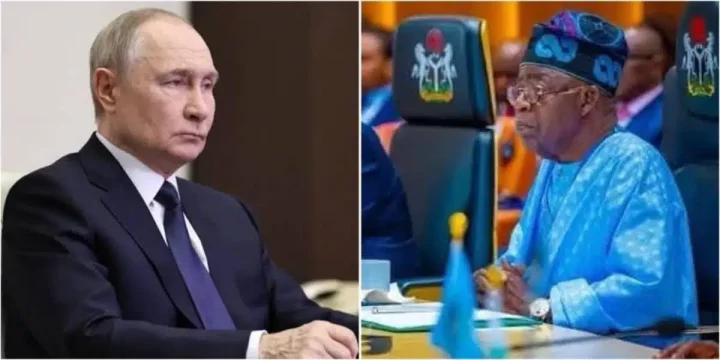
Amid growing security concerns in Nigeria, the Russian Federation has offered full military support to help Nigeria's fight against terrorism.
The support includes the supply of weapons, tactical training, intelligence sharing, and operational expertise aimed at strengthening Nigeria's efforts against Boko Haram, ISWAP, and other insurgent groups.
The offer was made on Monday, April 28, by Lieutenant General Andrei Averianov, representative of Russian President Vladimir Putin, during a courtesy visit to Nigeria's Chief of Defence Staff (CDS), General Christopher Musa, at the Defence Headquarters in Abuja.
Speaking on behalf of President Putin and the Russian Ministry of Defence, Averianov reaffirmed Russia's readiness to deepen its defence ties with Nigeria.
He described the country as a major regional power and critical stakeholder in the global fight against terrorism.
Averianov said, "We are facing similar threats, and Russia stands ready to assist Nigeria as a key partner in counterterrorism."
He noted that Russia is currently engaged in operations against 39 adversary nations and has developed advanced counterterrorism methods it is willing to share with Nigeria.
According to a statement issued by Brigadier General Tukur Gusau, Director, Defence Media Operations, Averianov expressed delight in being part of efforts to create a more secure future for Nigerians.
The statement read;
"The Representative of the President of the Russian Federation, Lieutenant General Andrei Averianov today, 28 April 2025 paid a courtesy visit to the Chief of Defence Staff, General Christopher Gwabin Musa OFR. The Head of the Russian delegation in his remarks noted that the visit marked a memorable day in the history of the Russian Federation, while on behalf of his team, thanked the CDS for hosting them and the warm hospitality accorded to them.
According to him, it has been 80 years since Russia fought Nazism. However, the security landscape has evolved, with asymmetric threats such as Al-Qaeda and Boko Haram now emerging. He expressed Russian delight in being part of the fight to create a more secure environment for future generations in Nigeria.
"Lt Gen Averianov stated that Russia was engaged in special operations facing 39 adversary nations, during which they had developed new methods they were willing to share with Nigeria to support the fight against terrorism."
General Musa, in his response, welcomed the delegation on behalf of President Bola Ahmed Tinubu and the Armed Forces of Nigeria.
He acknowledged that both countries face complex security threats and noted the need for closer cooperation in areas such as special operations training, intelligence sharing, equipment maintenance, and logistics support.
"The CDS further emphasised the importance of exchanging instructors and students between the two countries for training," the statement continued.
"He highlighted the need for expanded training in special operations, provision of requisite equipment, special boats, fast attack craft, and amphibious training.
"He also stressed the urgent need for support in maintaining Russian-made platforms currently in Nigeria's possession."
Musa noted that many of these platforms were unserviceable due to a lack of spare parts and requested the deployment of Russian experts for on-site repairs, or arrangements to return equipment to Russia for servicing.
In response, Averianov assured that Russia would provide spare parts and deploy technical experts to Nigeria.
He also promised to support the Nigerian Army, Navy, and Air Force with specialized equipment to enhance their counterterrorism operations.
Musa further appealed for increased intelligence sharing, stating that Russia's operations in the Sahel region had given it valuable experience relevant to Nigeria's current threats.
"He finally thanked the delegation for their gesture in personally delivering equipment and providing a team of experts to assist in their testing, adding that the Russian Federation had fulfilled its commitment to Nigeria as promised," the statement added.
This defense cooperation comes at a time when Nigeria continues to struggle with insurgency in the North-East and other parts of the country.
Boko Haram, ISWAP, and other armed groups remain a major threat to national security, with repeated attacks on civilians.

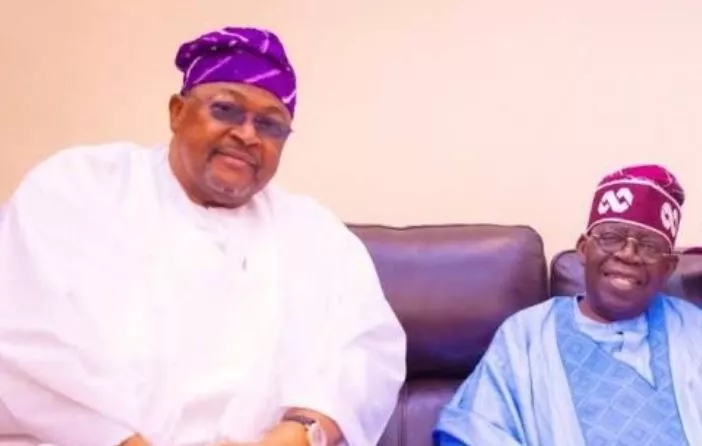
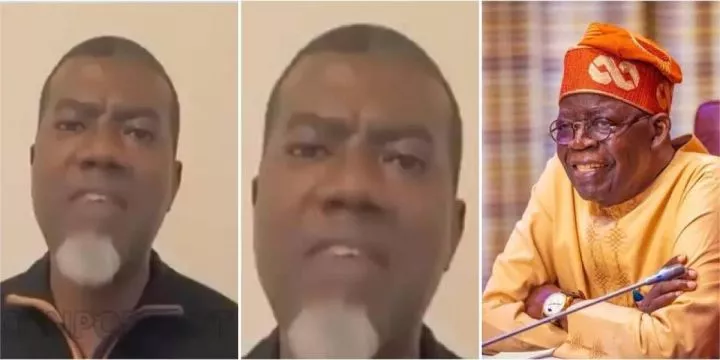
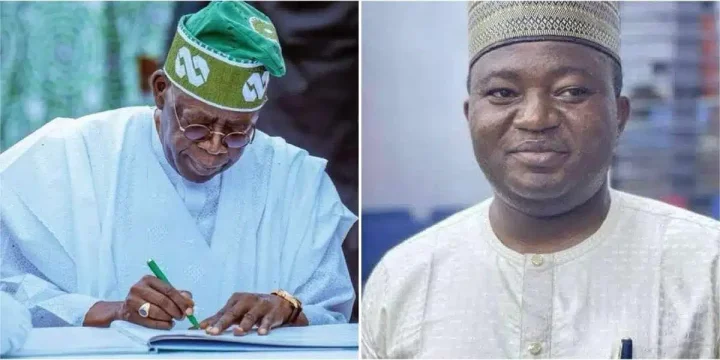

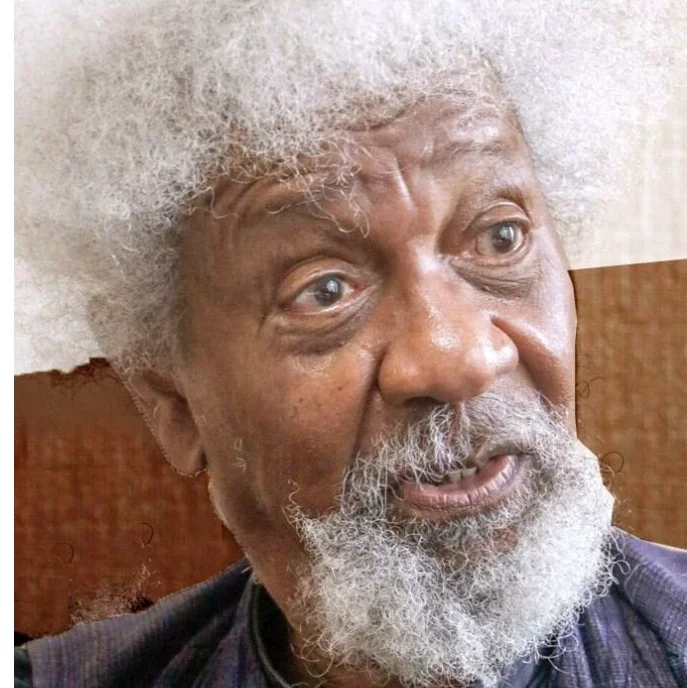
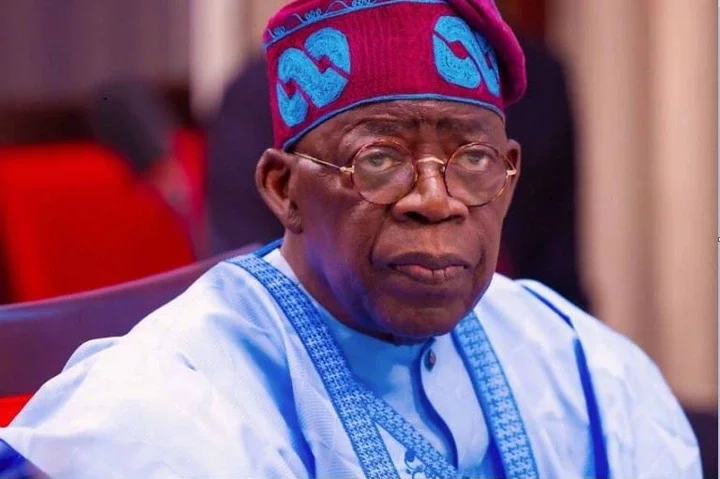


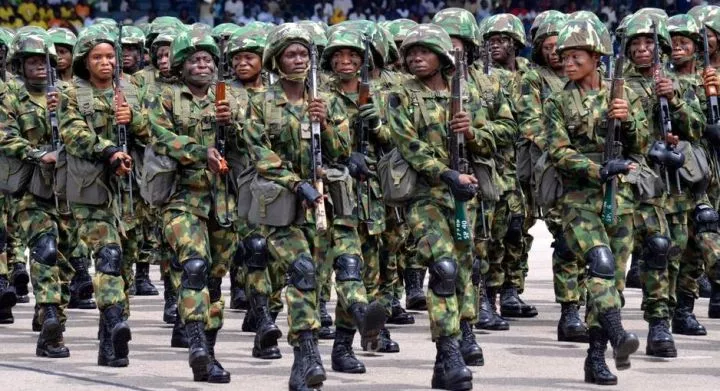



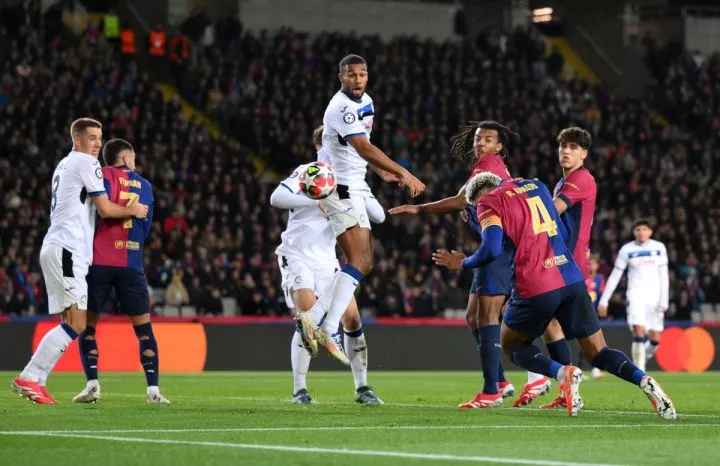
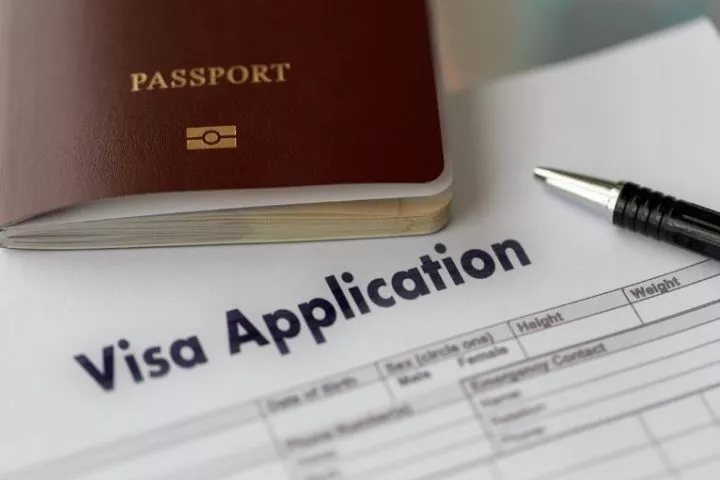

Comments